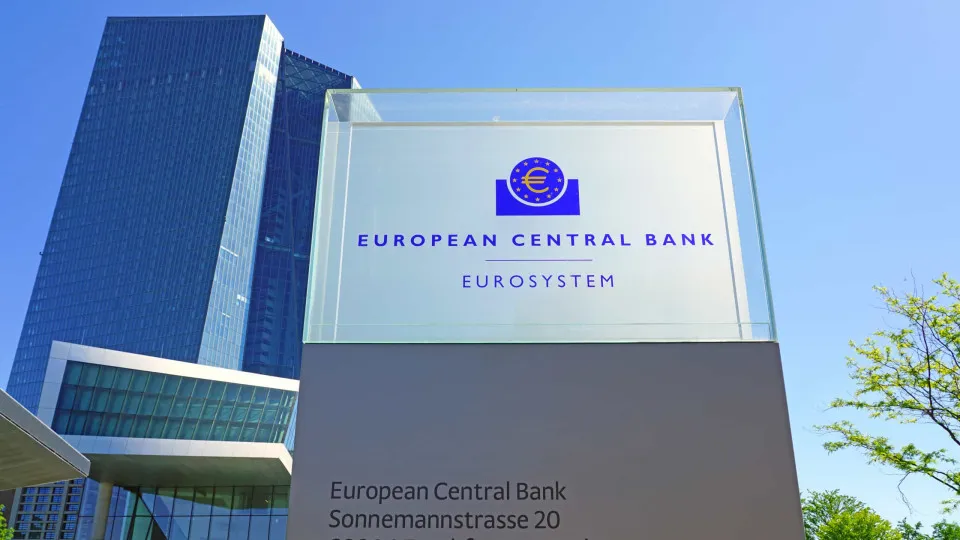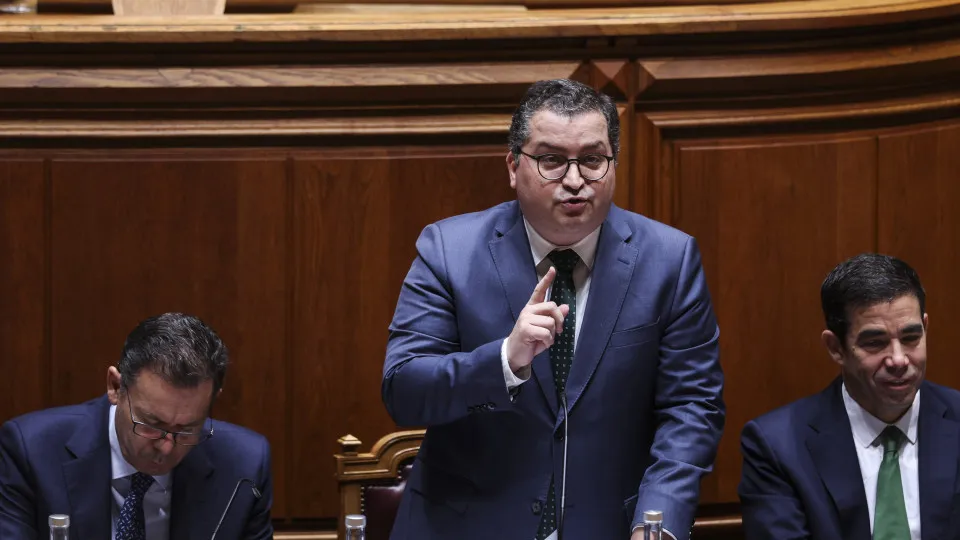
At 9:20 AM in Lisbon, the EuroStoxx 600 decreased by 0.23% to 575.69 points.
The London, Madrid, and Milan stock exchanges rose by 0.04%, 0.18%, and 0.09%, respectively, while those in Paris and Frankfurt fell by 0.01% and 0.24%.
Lisbon’s stock market maintained its opening trend, with the main index, PSI, dropping 0.73% to 8,291.18 points, after hitting a new high since January 2010 of 8,369.58 points on October 24.
Markets are closely watching the decisions of the US Federal Reserve, which is expected to reduce interest rates by a quarter point to the 3.75% to 4% range, and the ECB, likely to hold them at 2% on Thursday.
In Asia, Tokyo’s main stock index, the Nikkei, fell by 0.58% today due to profit-taking after closing at a high on Monday when it surpassed the 50,000-point mark for the first time.
Meanwhile, Shanghai’s benchmark index, the SSE Composite, reached decade highs today, briefly surpassing the 4,000-point psychological barrier for the first time since August 2015, driven by the “preliminary agreement” attained in Malaysia between China and the United States.
Chinese Premier Li Qiang, speaking in Kuala Lumpur, criticized the “disproportionate tariffs” affecting Asian countries ahead of Thursday’s expected meeting between US President Donald Trump, currently in Tokyo, and Chinese President Xi Jinping in South Korea.
In the US, after setting new records for the three main gauges on Monday, driven by the “preliminary” trade agreement between the US and China reached last weekend, futures in New York’s stock exchange are nearly flat for the Dow Jones, S&P 500, and Nasdaq.
The Dow Jones closed Monday up 0.71% to 47,544.59 points, marking a new high since its inception in 1896.
The Nasdaq, a high-tech index, rose by 1.86% to a record high of 23,637.46 points.
The price of gold, traditionally seen as a safe-haven asset during uncertainty, fell by 2.15% today, with an ounce trading at $3,920.48, compared to the all-time high of $4,347.86 recorded on October 20. Gold was below $4,000 per ounce today after ending 13 sessions above this threshold.
Meanwhile, Brent crude, Europe’s benchmark oil for December delivery, fell to $64.78, down from $65.62 on Monday.
In the debt market, Germany’s 10-year bond yields decreased to 2.605% from 2.615%, and France’s yields dropped to 3.411% from 3.415% on Monday, while the maximum was 3.600% on September 25.
The euro advanced to $1.1653 in the Frankfurt currency market from $1.1638 on Monday, following the four-year high of $1.1865 recorded on September 16.




